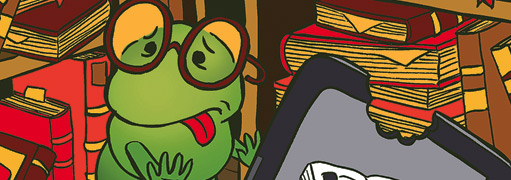Book News: Old-School Booksellers Fight The Good Fight!
Old-School Booksellers Fight The Good Fight


Latest Article|September 3, 2020|Free
::Making Grown Men Cry Since 1992



